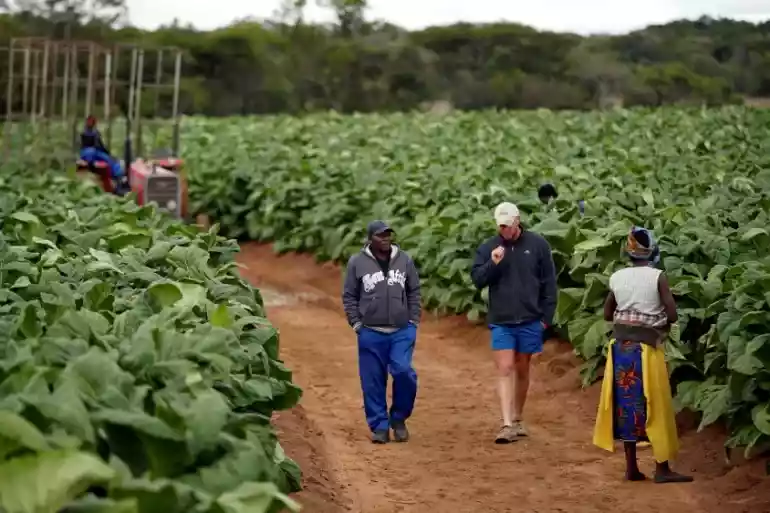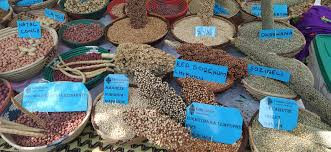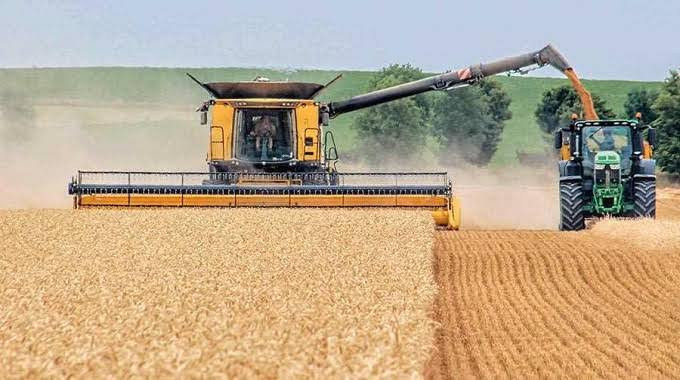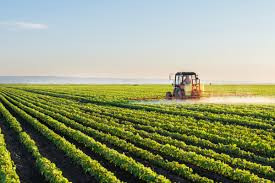
GOVERNMENT has urged investors to put money into agriculture to fight hunger and poverty while generating a stable income needed to create strong households.
Lands, Agriculture, Fisheries, Water and Rural Resettlement permanent secretary John Basera told NewsDay Farming that the agricultural sector remains critical in achieving most developmental targets outlined under the sustainable development goals.
He said the sector was critical in ensuring inclusive economic growth and development.
“Investment in agriculture is two to four times more impactful in ending hunger, eradicating poverty and creating the income stream base required to build resilient households. The ripple and multiplier effects derived from improved performance of the sector are unparalleled in transforming the other economic sectors,” Basera told NewsDay Farming.
“If we get our agriculture right, then we are on the right track to get everything else right.”
Most livelihoods are directly dependent on agriculture. The performance of the agricultural sector dictates how the rest of other economic sectors perform.
Agriculture is central to the economy of Zimbabwe, contributing between 15% and 20% of gross domestic product.
Approximately 60% to 70% of the population predominantly in rural areas are employed and derive incomes from agriculture.
- Chamisa under fire over US$120K donation
- Mavhunga puts DeMbare into Chibuku quarterfinals
- Pension funds bet on Cabora Bassa oilfields
- Councils defy govt fire tender directive
Keep Reading
Approximately 3,9 million people were estimated to be facing insufficient food during the first week of April 2023, according to the World Food Programme’s food security and markets monitoring report.
The number of people estimated to be resorting to “crisis and above” food-based coping strategies was estimated at 7,2 million, a decrease from 7,4 million reported during the first week of January.
The findings show that in typical deficit-producing areas, households are likely to continue selling livestock to raise income for food and non-food needs.
According to findings of a 2023 first round crop and livestock report, the total area planted under all crops marginally increased by 8% from 3 387 038 hectares in 2021/22 season to 3 674 149 hectares in 2022/23.
The country is expected to harvest 2,3 million tonnes of maize this year, a 58% jump from the previous season driven by favourable rains.
Zimbabwe’s economy is expected to grow 3,8% this year, and will be sustained mainly by mining, construction and agriculture, as well as accommodation.











